Did Oracle Regret about Kenai Ultimatum?
All Kenai Project Leaders received a message from Oracle trying to explain a possible misunderstanding about the message they transmitted before. From my understanding there is no misunderstanding, but a change of plans due to the community reaction. Take a look at the open letter below:
Gentlepeople,
In an effort to get information out to the Kenai community quickly, while trying to manage the integration of our two companies, I think we did a poor job at communicating our plans for Kenai.com to you. I would like to remedy that now. Our strategy is simple. We don’t believe it makes sense to continue investing in multiple hosted development sites that are basically doing the same thing. Our plan is to shut down kenai.com and focus our efforts on java.net as the hosted development community. We are in the process of migrating java.net to the kenai technology. This means that any project currently hosted on kenai.com will be able to continue as you are on java.net. We are still working out the technical details, but the goal is to make this migration as seamless as possible for the current kenai.com projects. So in the meantime I suggest that you stay put on kenai.com and let us work through the details and get back to you later this month.
Thanks for your feedback and patience.
Ted Farrell
Oracle Corporation
Reference: http://blogs.sun.com/projectkenai/entry/the_future_of_kenai_com
That’s pretty good! It is the first signal that Oracle is willing to listen to the community. I’m happy with that because it was a constructive decision, good for both sides. However, a question remains: Will current java.net projects migrate to Kenai infrastructure or will Kenai projects migrate to java.net infrastructure? I’m asking that because the Kenai infrastructure is far better. A migration to java.net infrastructure is actually a downgrade.
It seems we have to wait until the end of February to finally get an answer. I can’t wait for that!
Recent Posts
Can We Trust Marathon Pacers?
Introducing LibRunner
Clojure Books in the Toronto Public Library

Once Upon a Time in Russia

FHIR: A Standard For Healthcare Data Interoperability

First Release of CSVSource
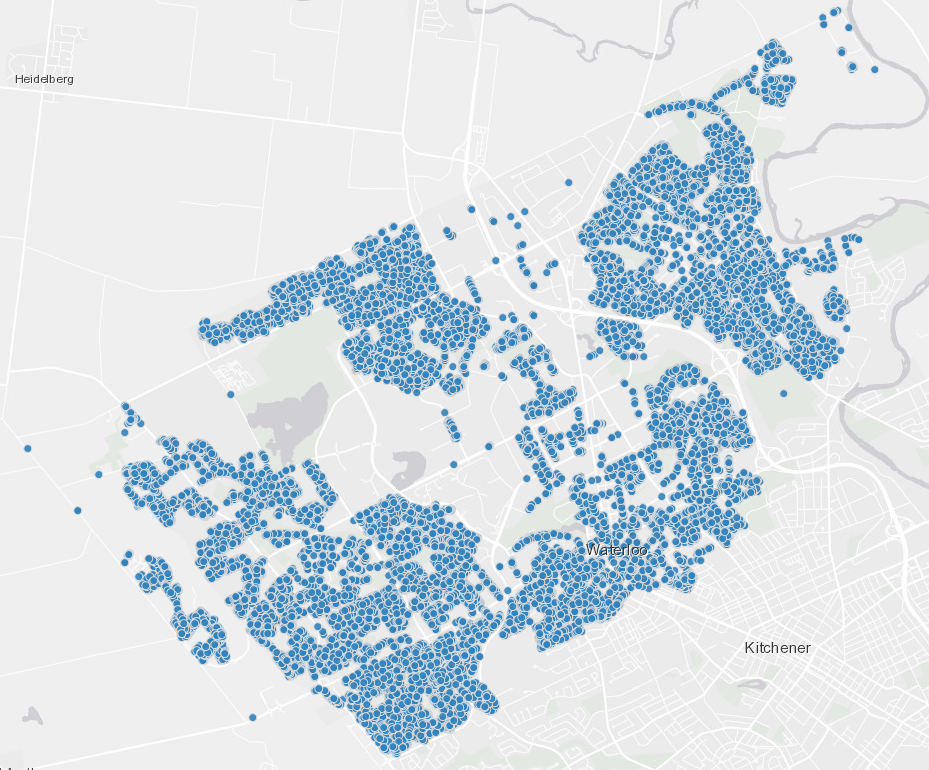
Astonishing Carl Sagan's Predictions Published in 1995

Making a Configurable Go App

Dealing With Pressure Outside of the Workplace
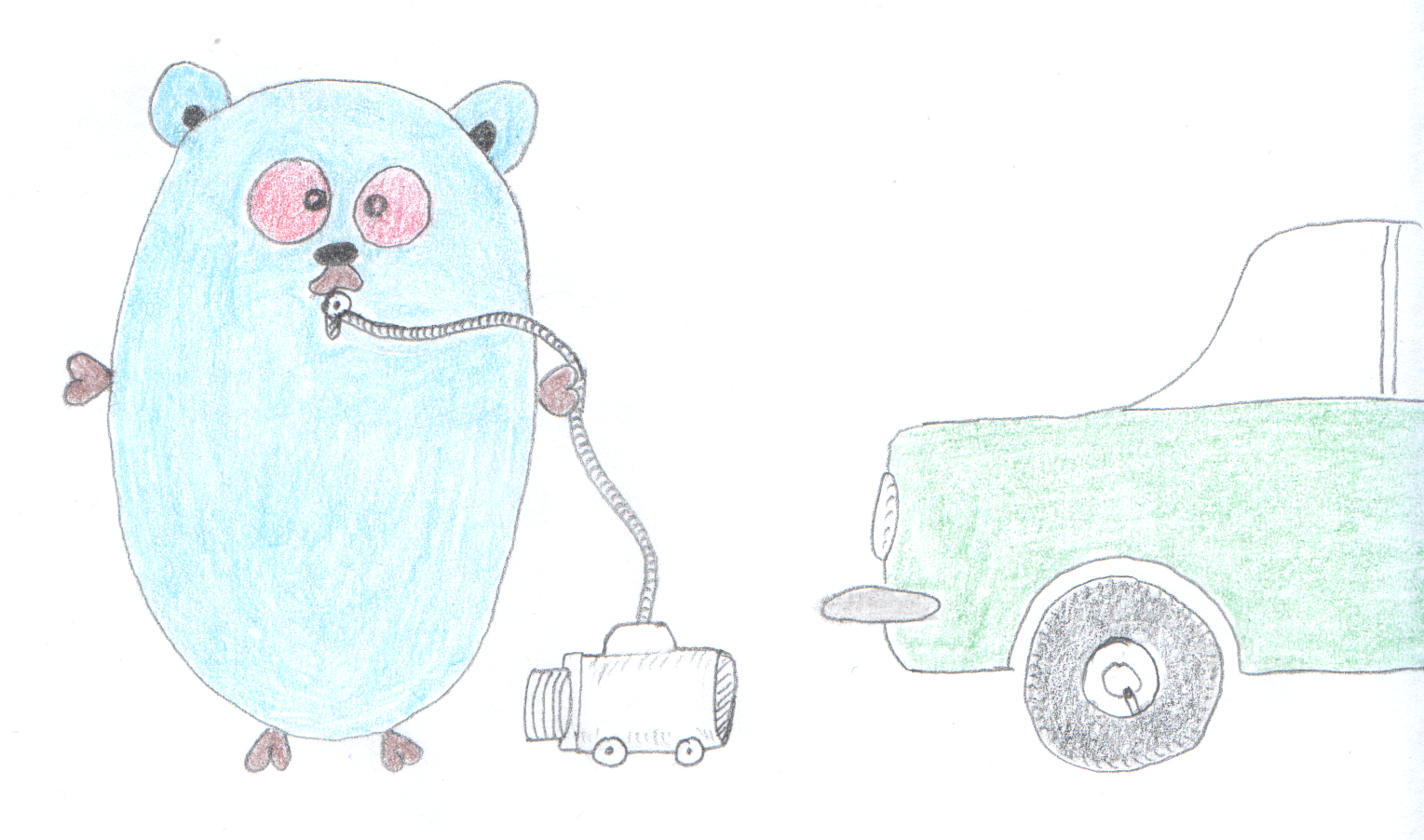
Reacting to File Changes Using the Observer Design Pattern in Go

Provisioning Azure Functions Using Terraform
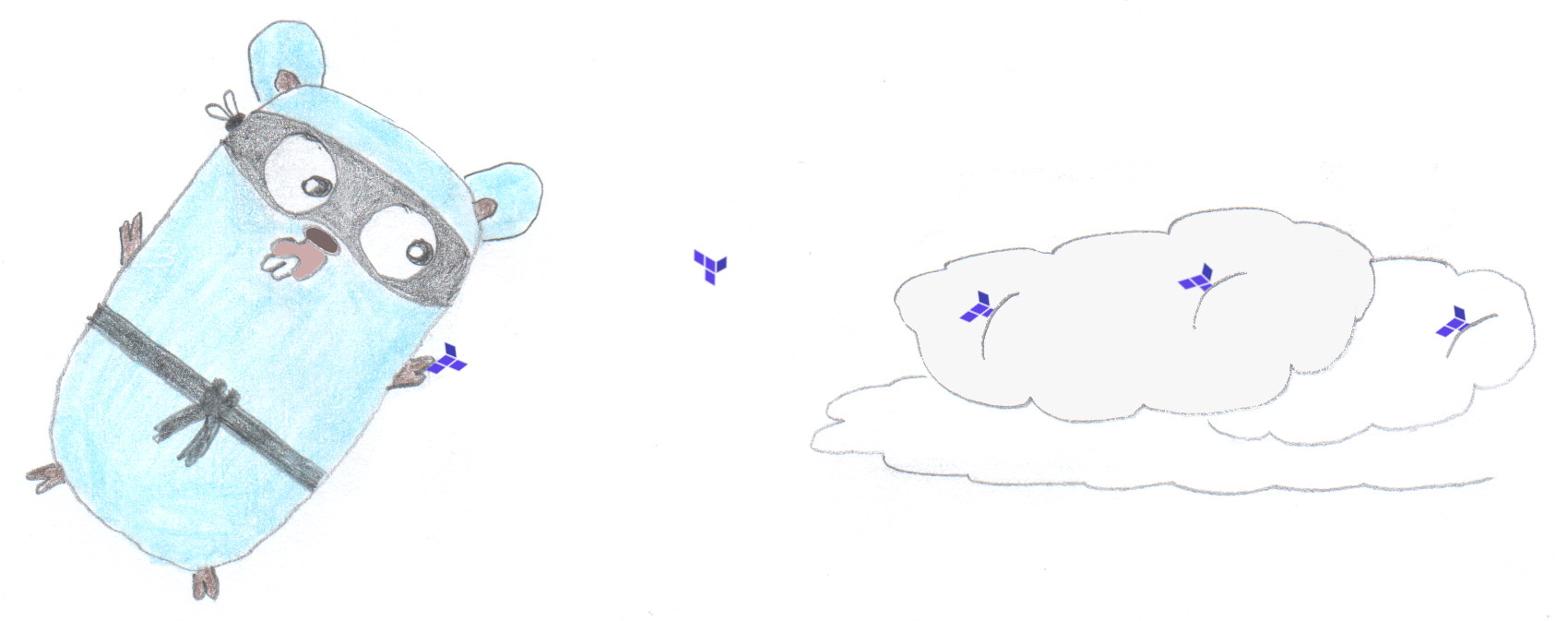
Taking Advantage of the Adapter Design Pattern

Applying The Adapter Design Pattern To Decouple Libraries From Go Apps
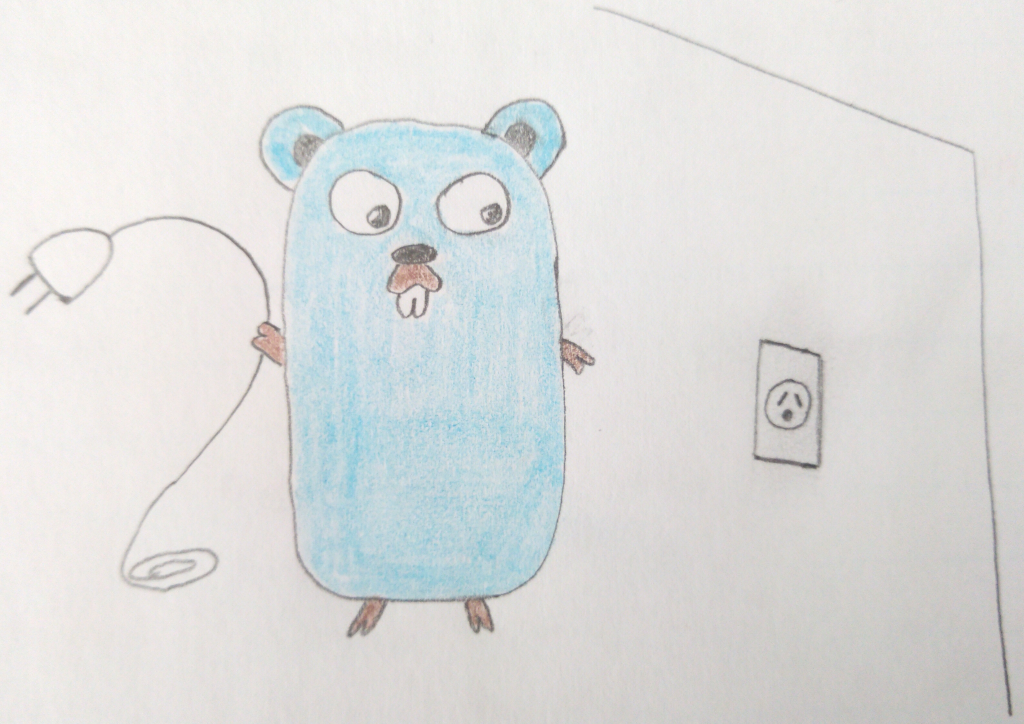
Using Goroutines to Search Prices in Parallel
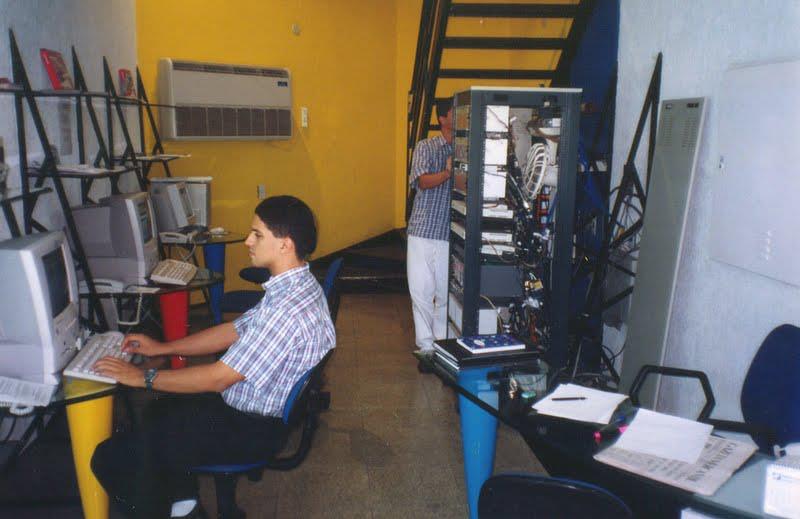
Applying the Strategy Pattern to Get Prices from Different Sources in Go
